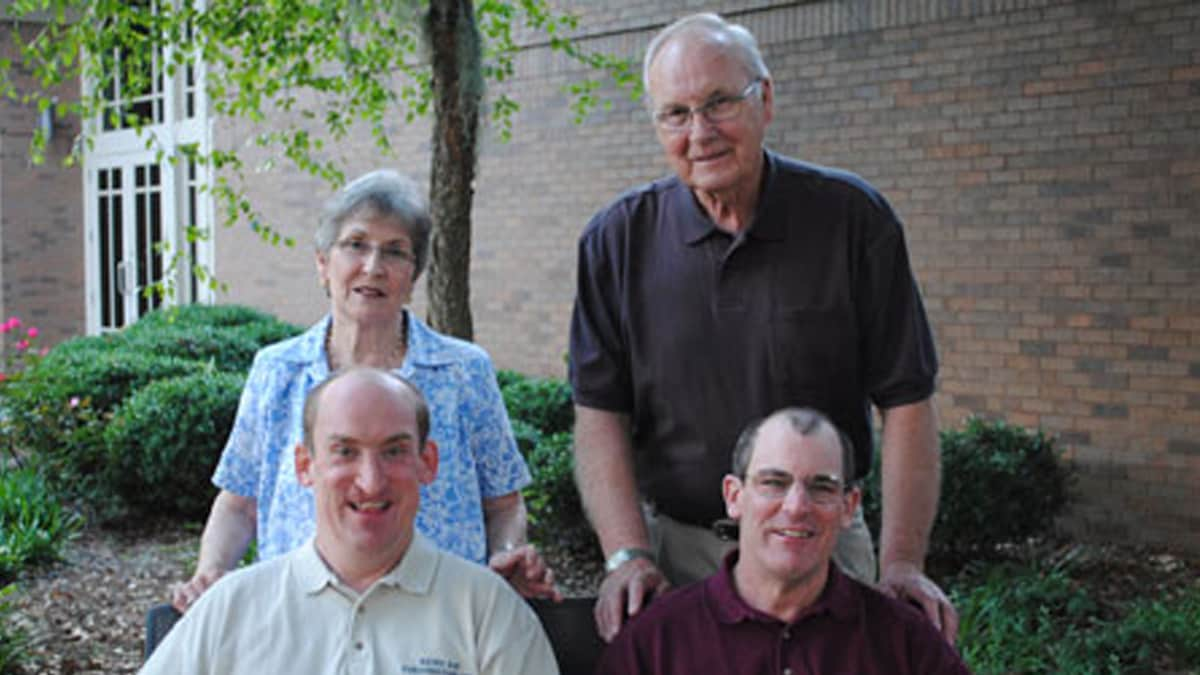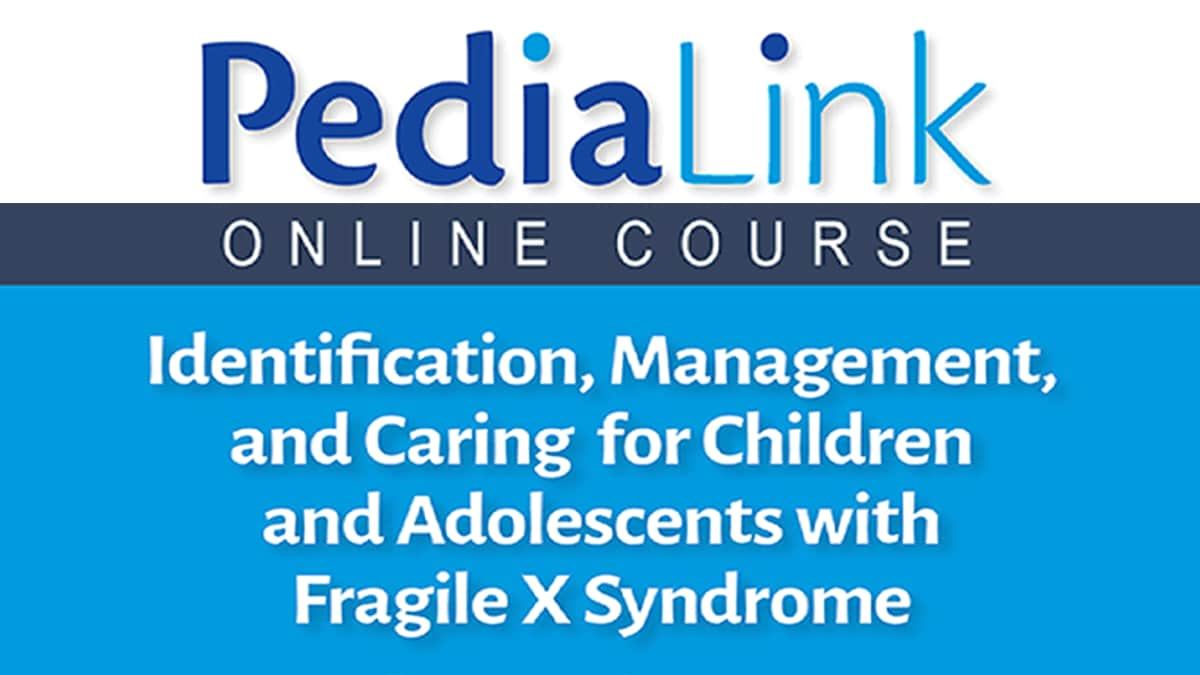Key points
- Fragile X syndrome (FXS) is a rare genetic disorder that has a major effect on a person’s life.
- It is the most common cause of inherited intellectual disability, yet there are still many unanswered questions about its effect on the day-to-day lives of people living with FXS and their families.
- Learn what CDC and partners are doing to learn more about FXS, one case at a time.

Fragile X syndrome: Unanswered questions
Having a child with FXS can mean many challenges for families. Some parents spend years taking their child to different doctors before getting a diagnosis of FXS. Others struggle with the behavioral and communication challenges that come with FXS. Children with FXS often take longer to reach developmental milestones and struggle to master the skills they need to become independent and self-sufficient. This may mean they require a lot of extra care and support. These are just some of the examples of the broad impact of FXS on families.

During the past several decades, scientists have made advancements in understanding the genetics of FXS. However, we are just beginning to understand how this complex condition affects people and their families. To help these families, we need to learn more about
- Other conditions that commonly occur with FXS
- Effects on the day-to-day lives of people living with FXS and their families
- Short-term and long-term outcomes
- Types of intervention and support that are most effective for each individual and their family.
What CDC is doing
FORWARD: A CDC-funded research study to learn about the lives of people with FXS
- FORWARD (Fragile X Online Registry with Accessible Research Database) is a CDC-funded research study designed to learn more about FXS. FORWARD is a collaboration between CDC, the Fragile X Clinical & Research Consortium (a group of FXS specialty clinics located throughout the United States), and the National Fragile X Foundation. The goal of the FORWARD study is to better describe how people with FXS develop and change over time. This information can help guide efforts to improve the lives of children and adolescents with FXS and their families.
- FORWARD has gathered data from more than 1,800 people with FXS. Between 2012 and 2021, FORWARD invited clinic patients with FXS and their families to provide information on topics such as medical history, medication use, behaviors, and educational services. This information is a valuable resource for learning more about FXS and is stored in a research database.
- More than 20 scientific reports using the FORWARD database have been published to date. One published report describes how the timing and success of toilet training in children with FXS can vary depending on a child's individual characteristics. Other recent reports have described medication use to treat symptoms including anxiety and attention problems and the prevalence of seizures in people with FXS. These results can help health professionals and families understand what to expect after an FXS diagnosis.
FORWARD-MARCH: The Next Step in Fragile X Syndrome Research
- A new phase of the FORWARD study, called FORWARD-MARCH (Multiple Assessments for Research Characterization), began in fall 2022. Using information from families and health professionals, FORWARD-MARCH will collect detailed data on cognition (thinking), behavior, and daily functioning. Between 2022 and 2026, researchers will invite about 600 children and young adults with FXS and their families to participate in FORWARD-MARCH, including many participants from the FORWARD study.
- What we learn from FORWARD-MARCH can help individuals with FXS receive appropriate and well-timed services. Information from FORWARD-MARCH may also help researchers design improved studies of new medical or behavioral treatments for people with FXS.
Other CDC work on fragile X syndrome
In addition to funding the FORWARD study, CDC's FXS activities include collaboration with the American Academy of Pediatrics on two projects:
- The development and distribution of educational materials to healthcare professionals and families. These materials are designed to raise awareness of FXS and encourage early diagnosis so that people with FXS can receive appropriate care and services.
- The development and production of a webinar, "Continuing Medical Education: Identification, Management, Caring for Children and Adolescents with Fragile X Syndrome." Clinicians interested in this education can access the recorded module and earn free CME and MOC credit. Register here.

Explore the research
Publications using FORWARD data
Resources
- FORWARD (Fragile X Online Registry with Accessible Research Database)
- National Fragile X Foundation
- FRAXA Research Foundation
